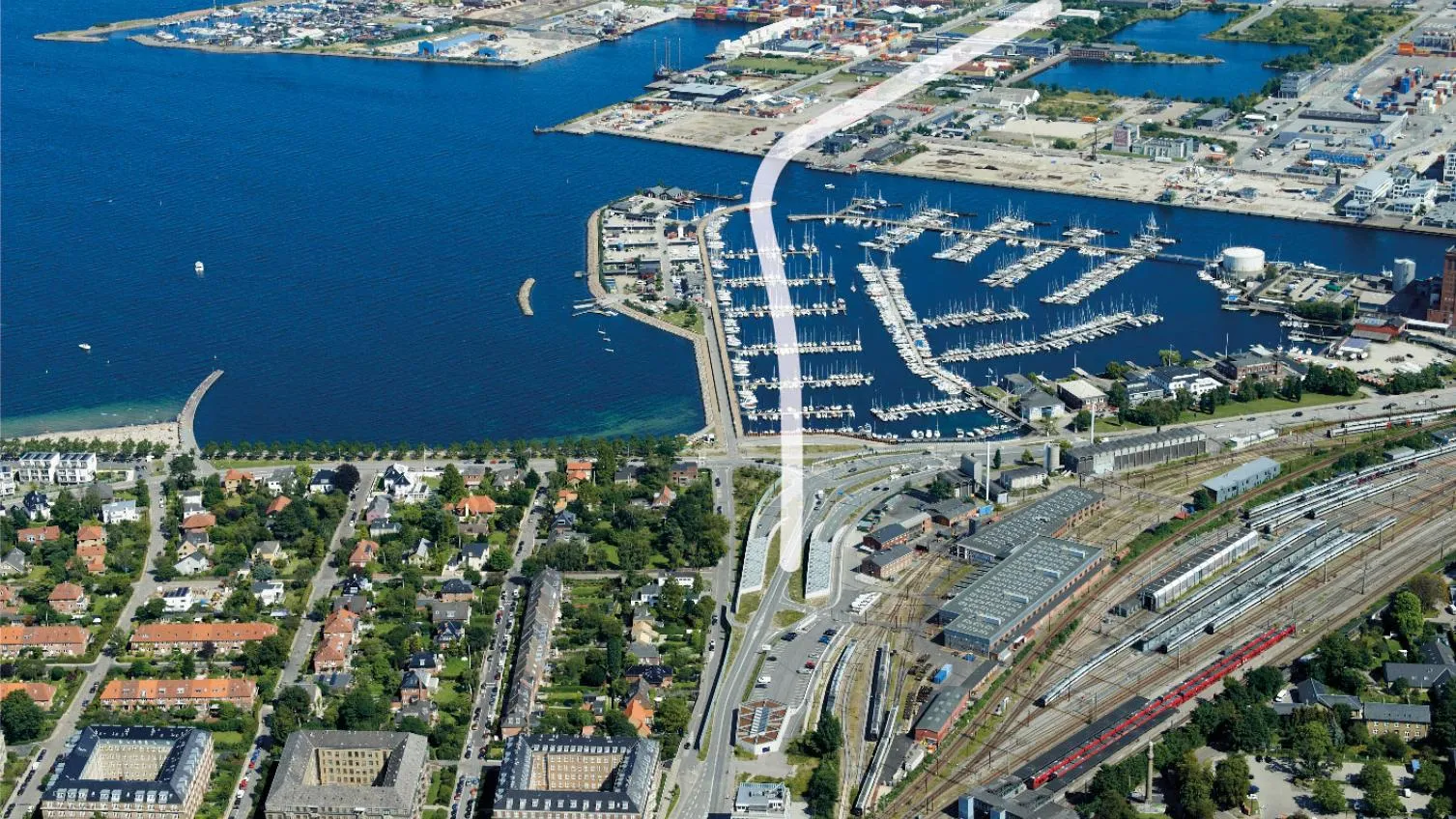CO2 emissions from Danish cars are the lowest within the EU, according to new data, based on information provided by all EU member countries about passenger cars sold during 2010 and published by the European Environmental Agency. Danish passenger cars' CO2 emissions amounted to 126.6 g/km, followed by Portugal at 127.3 g/km and France at 130.5 g/km. Denmark is also among the countries that have reduced their CO2 emissions from new cars the most compared with the past year.
April 18, 2012
Read time: 1 min
RSSCO2 emissions from Danish cars are the lowest within the EU, according to new data, based on information provided by all EU member countries about passenger cars sold during 2010 and published by the European Environmental Agency. Danish passenger cars' CO2 emissions amounted to 126.6 g/km, followed by Portugal at 127.3 g/km and France at 130.5 g/km. Denmark is also among the countries that have reduced their CO2 emissions from new cars the most compared with the past year.
The low CO2 emissions from passenger cars in Denmark are attributed to the high car registration fees in the country, which makes it two to three times more expensive to buy cars in Denmark compared with its neighbouring countries. As a result, Danes are forced to buy small cars.
The low CO2 emissions from passenger cars in Denmark are attributed to the high car registration fees in the country, which makes it two to three times more expensive to buy cars in Denmark compared with its neighbouring countries. As a result, Danes are forced to buy small cars.










